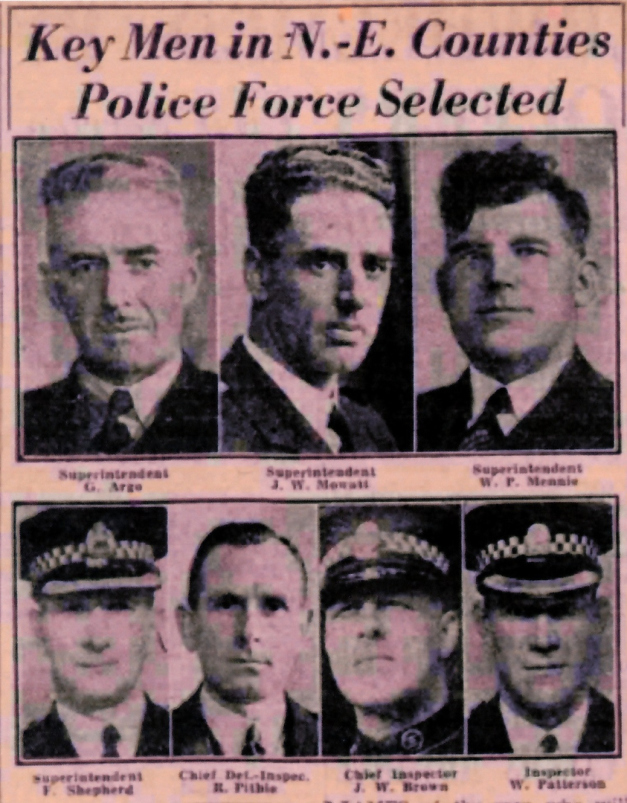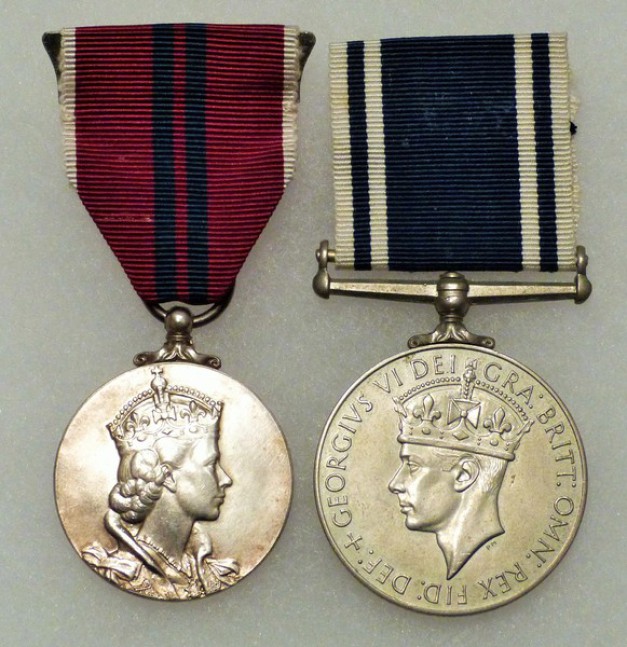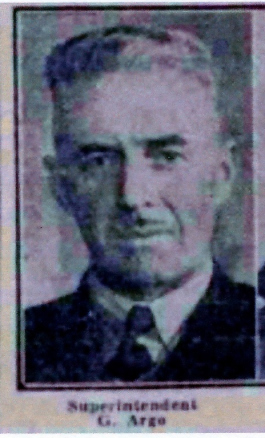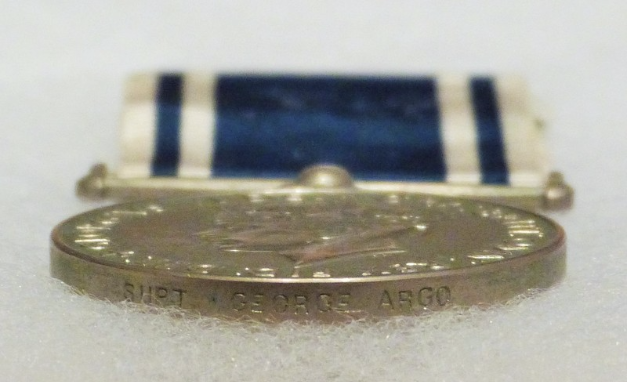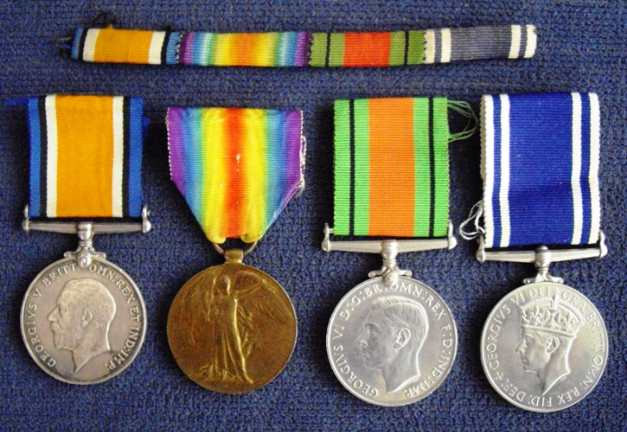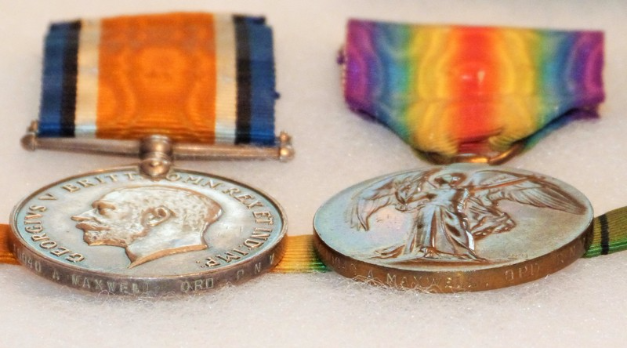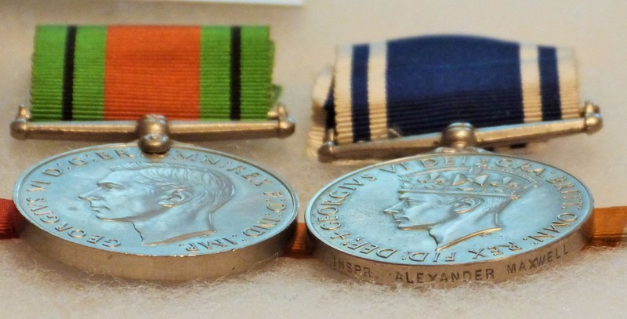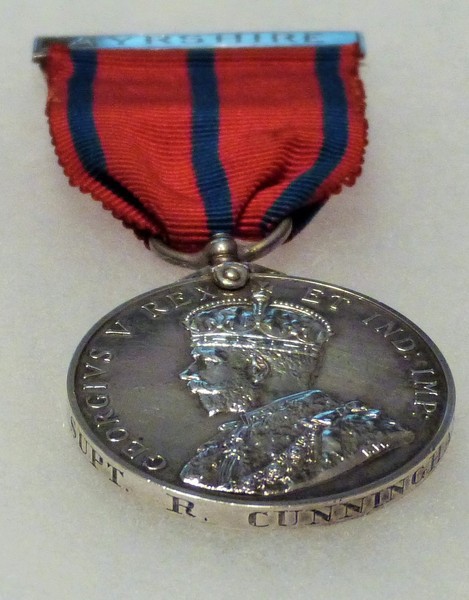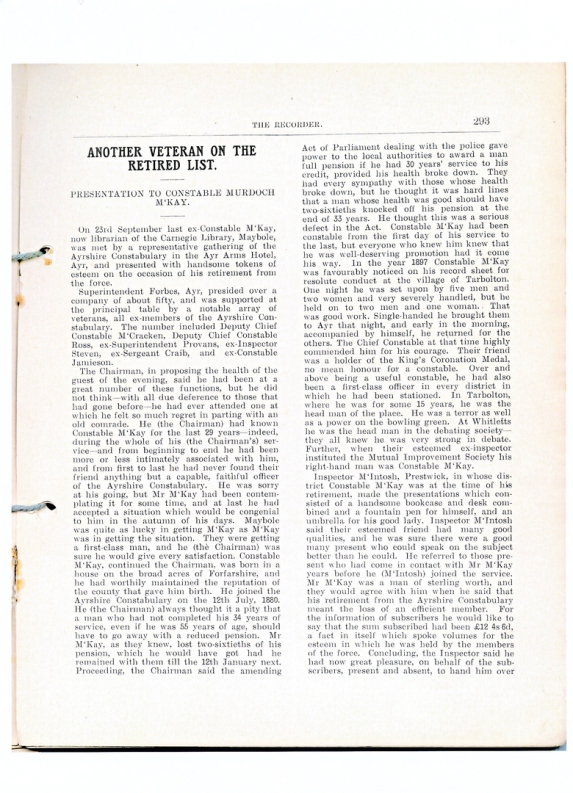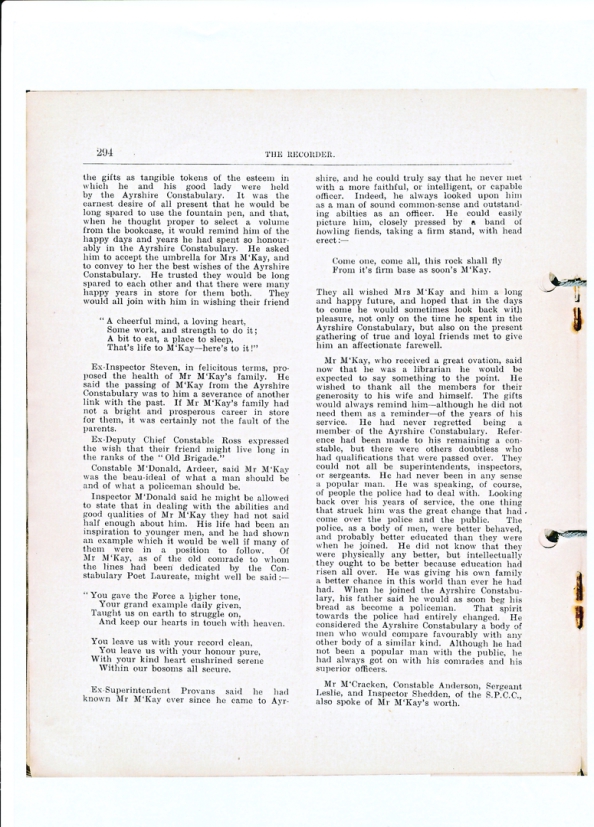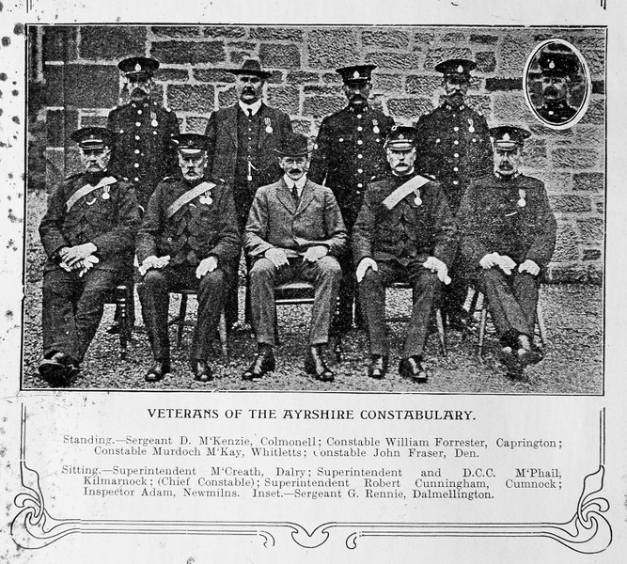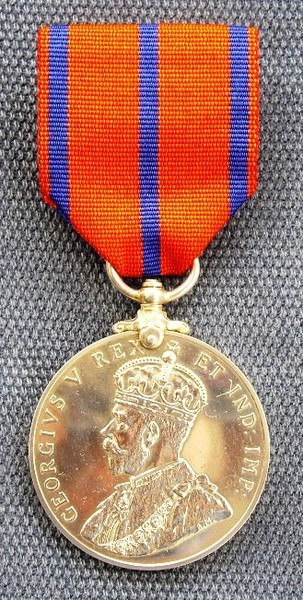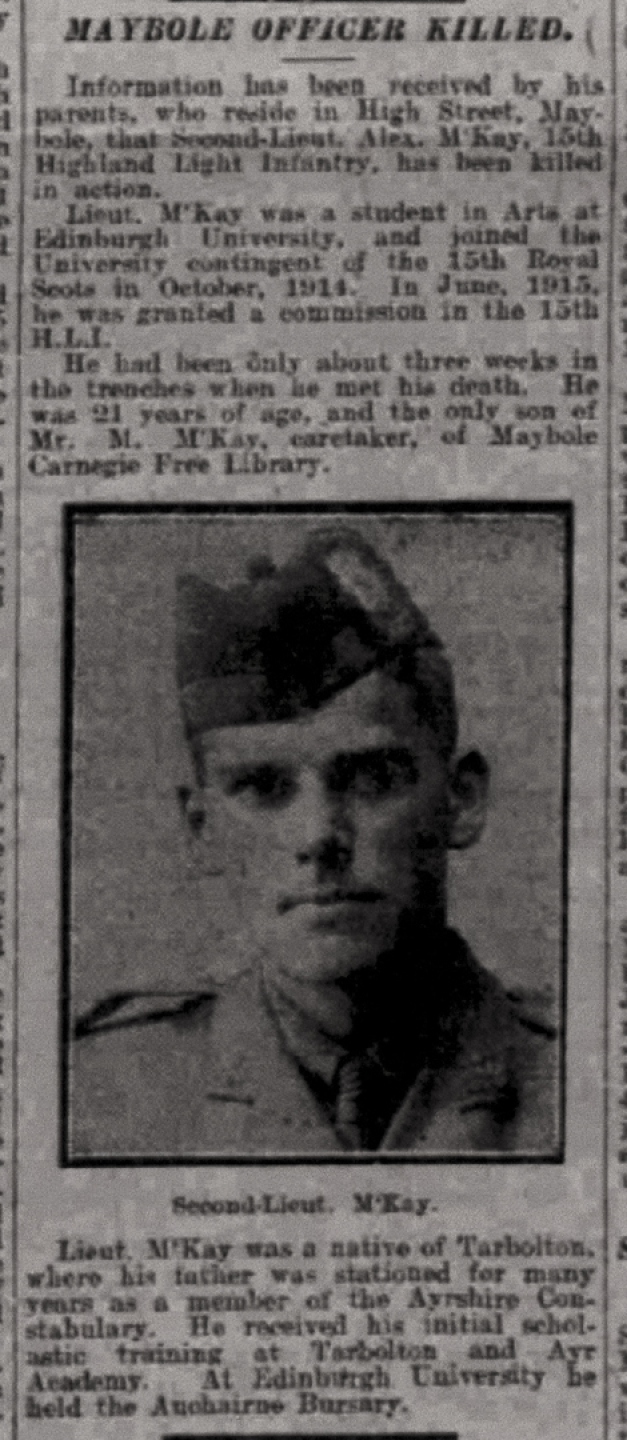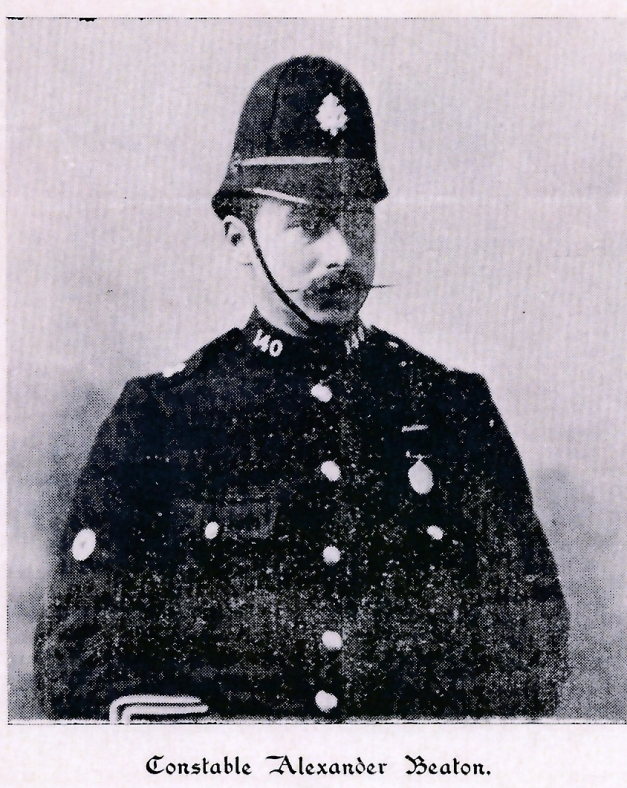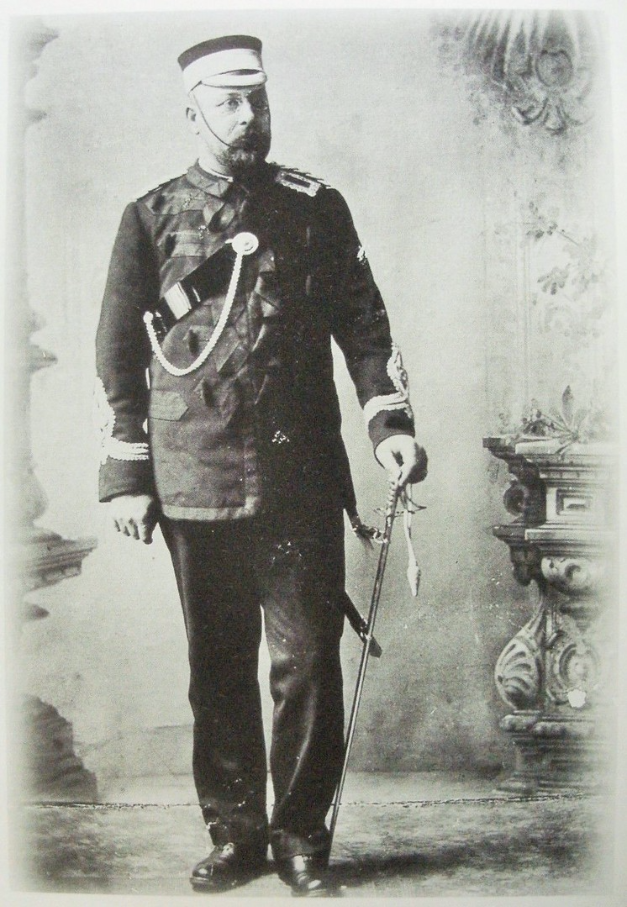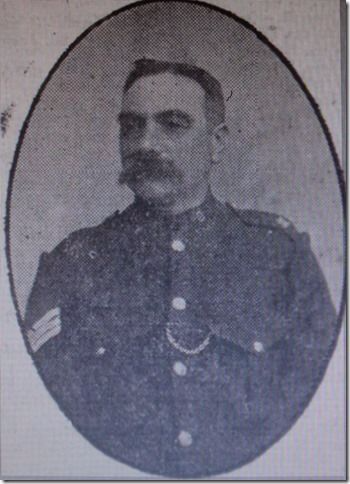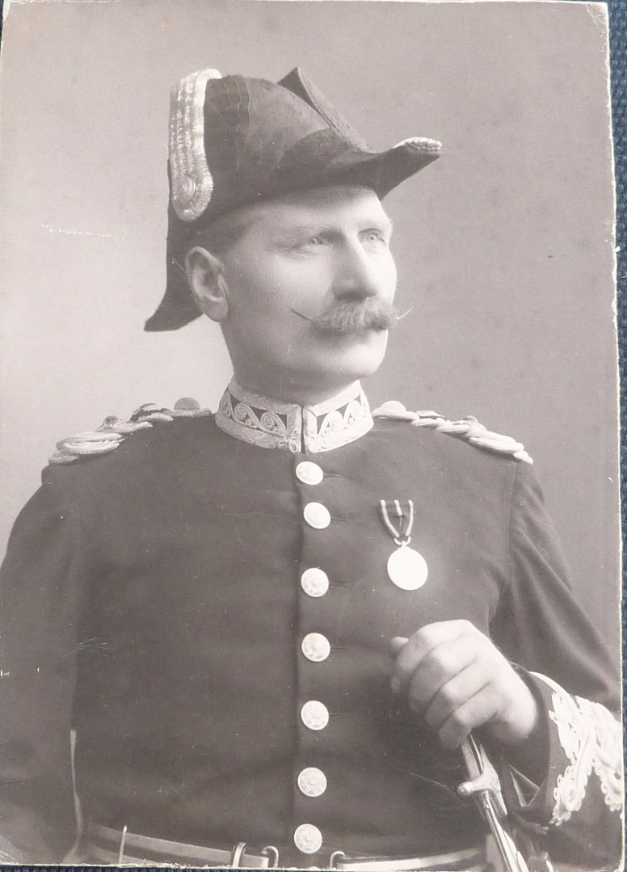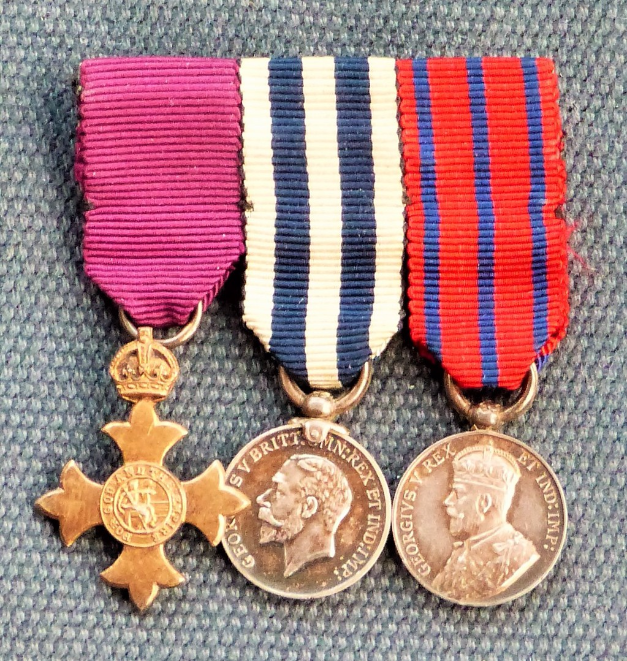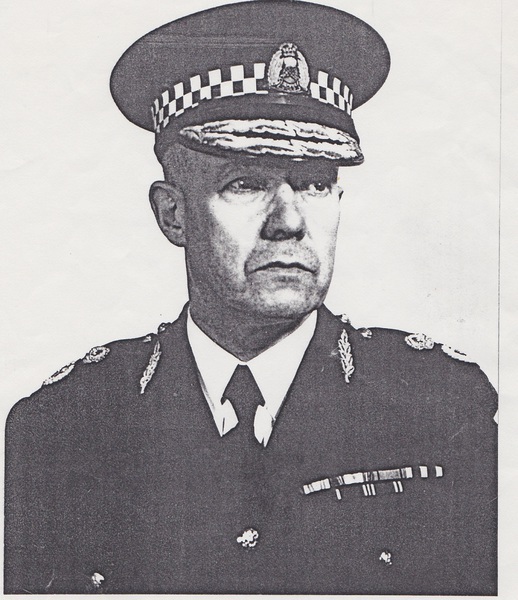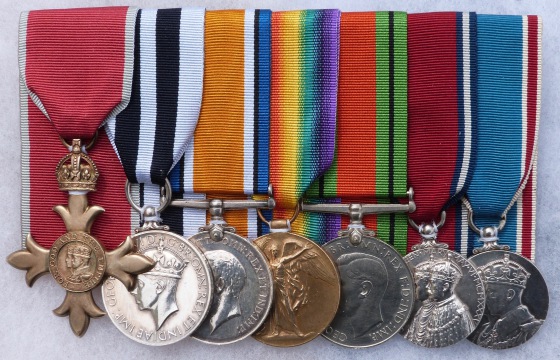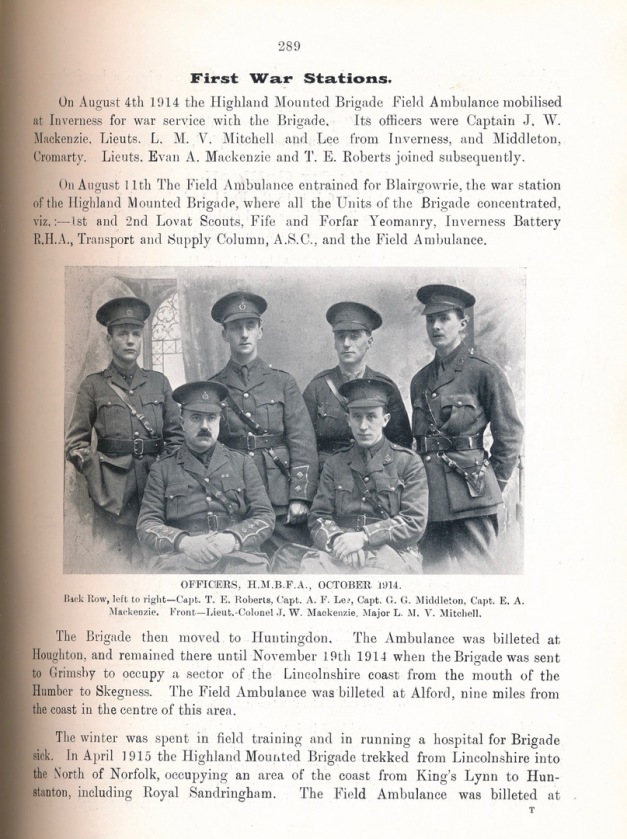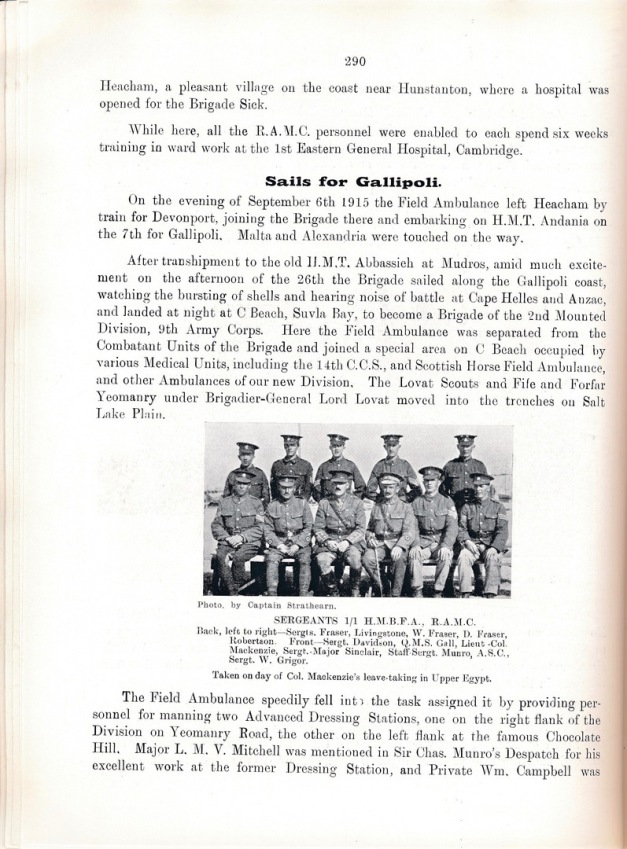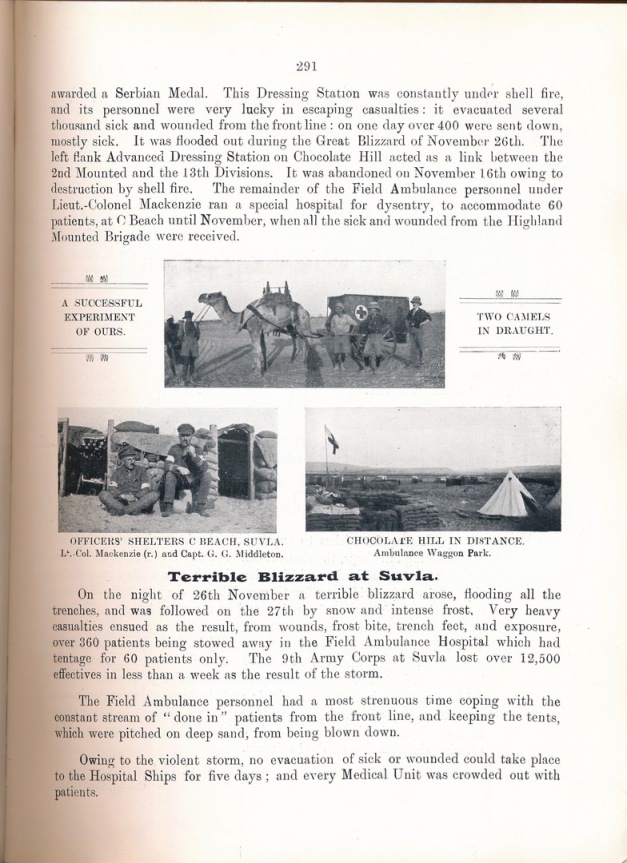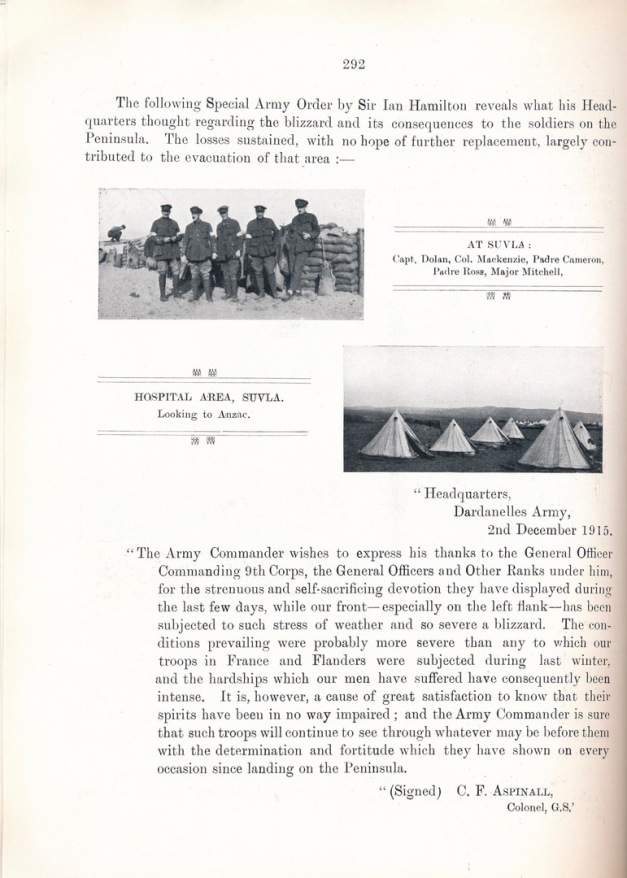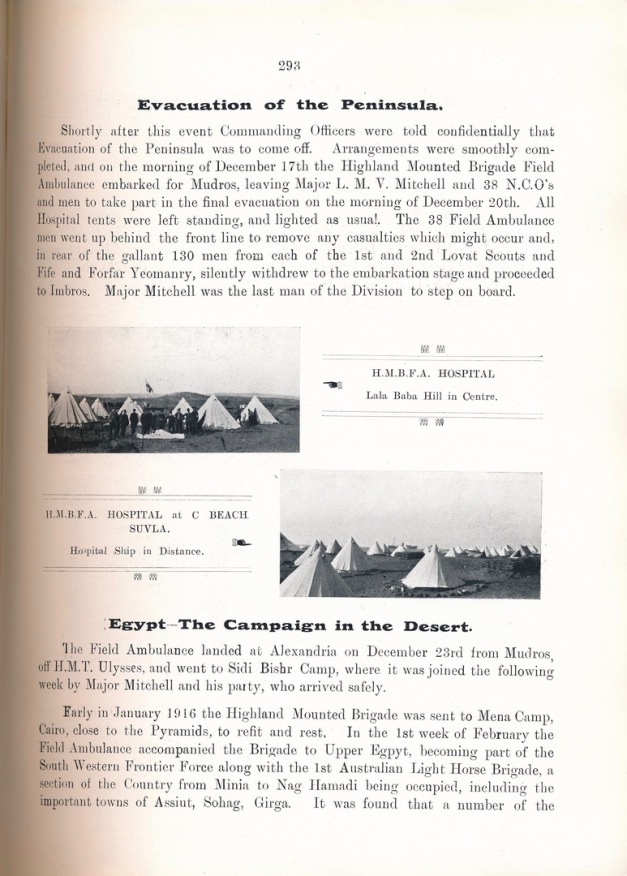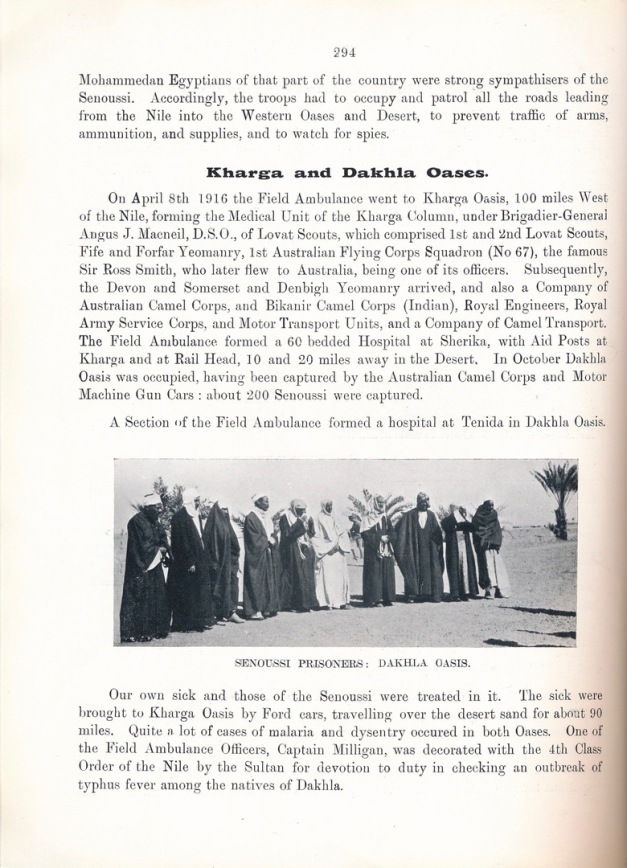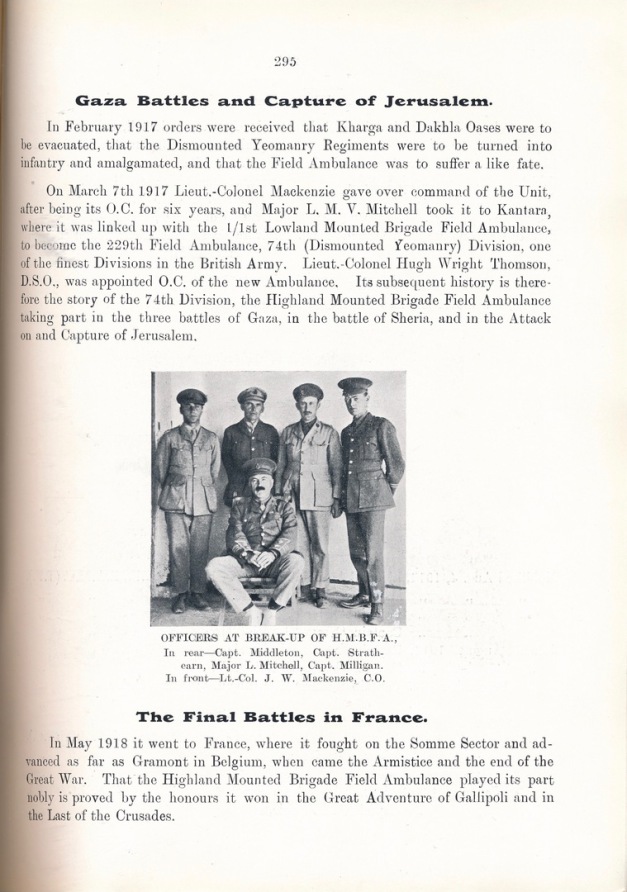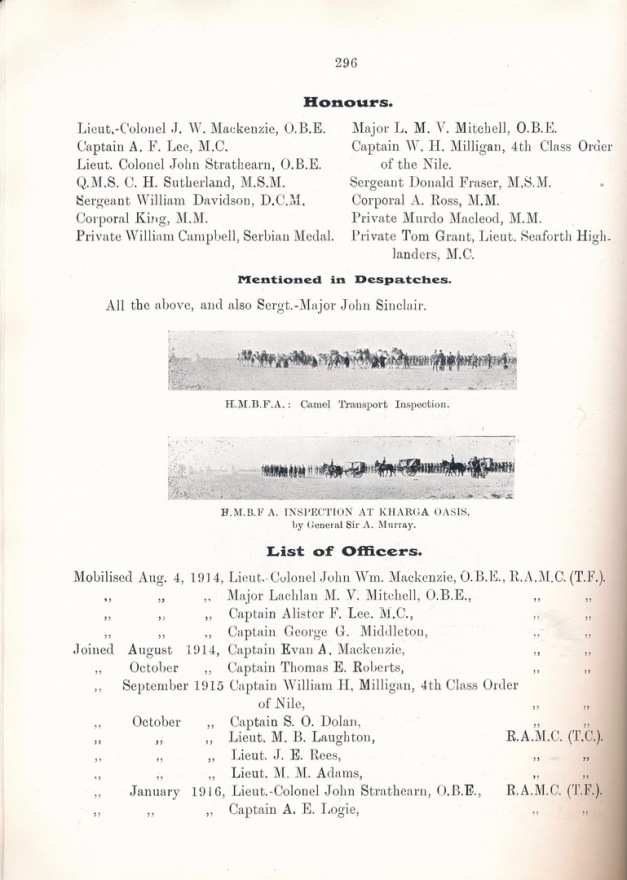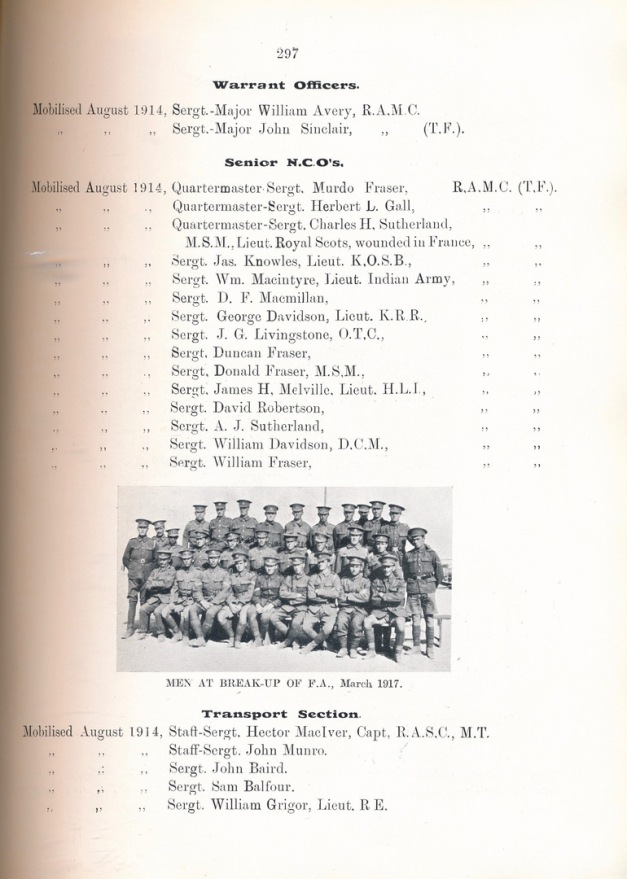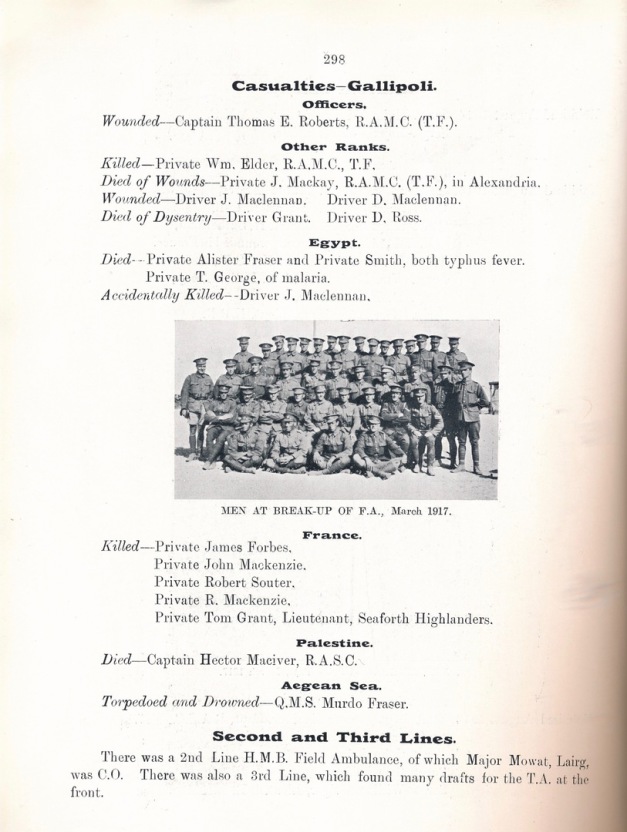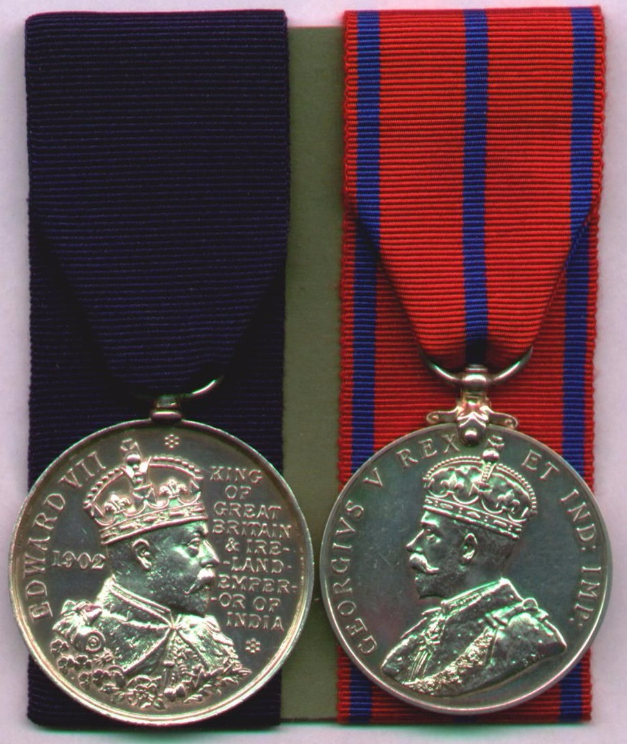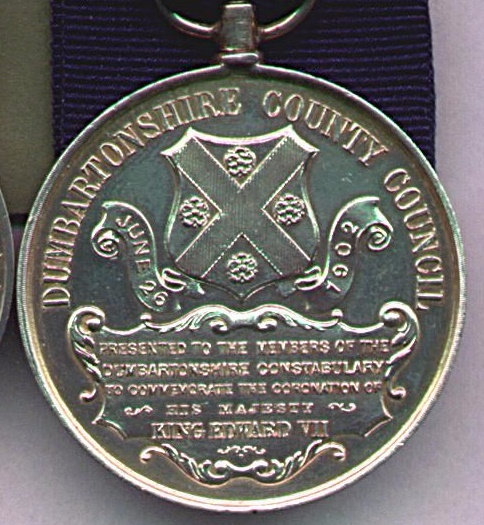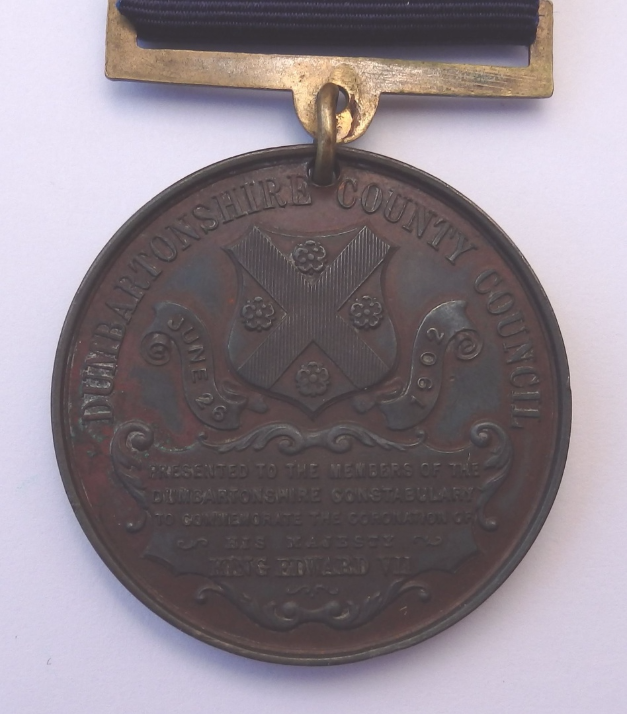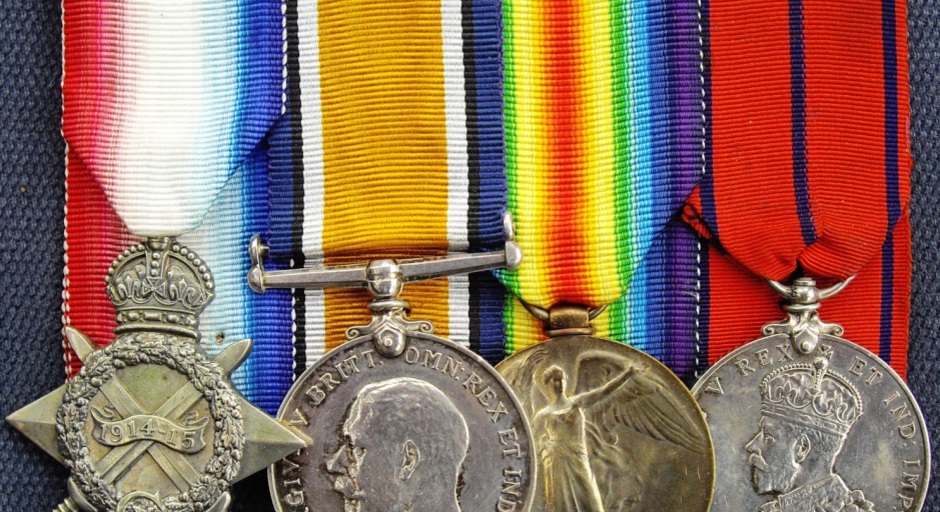
Scottish Police County Forces: Aberdeenshire Constabulary to Dumfriesshire Constabulary
Aberdeen City Police 1818 - 1975
Chief Constable William Anderson OBE
Aberdeenshire Constabulary 1840 - 1949
Superintendent George John Argo
The British War Medal
The Victory Medal
The Coronation Medal 1953
Police Long Service & Good Conduct Medal (GVIR)
Aberdeenshire Constabulary
Scottish North Eastern Counties Constabulary (SNECC)
Superintendent George John Argo
George John Argo was born at Newmacher in the County of Aberdeen on 19 September 1895. He was the son of a Publican and his wife.
He served in the Gordon Highlanders as Private S/15948 from5 November 1915 to 22 January 1919 and his Medal Index Card (MIC) confirms his entitlement to the British War Medal and Victory Medal.
He joined Aberdeenshire Constabulary as a Probationary Constable on 10 February 1919 at Cults Police station, just outside the City of Aberdeen, shortly after leaving the Army.
He served at the Police Stations shown below:
|
Date
|
Police Station |
|
10 February 1919 |
Cults Police Station, Aberdeen Division
|
|
3 June 1920 |
Fraserburgh Police Station
|
|
17 November 1920 |
Peterhead Police Station
|
|
22 April 1925 |
Insch Police Station
|
|
21 October 1931 |
Cults Police Station
|
|
16 December 1934 |
Headquarters Promoted to Sergeant – 16 December 1934 Promoted to Inspector – 6 August 1944
|
|
16 May 1945 |
Peterhead Division Promoted to Superintendent – 16 May 1949 - The day Scottish North Eastern Counties Constabulary was formed.
|
SNECC was formed on 16 May 1949 in an amalgamation of Aberdeenshire Constabulary, Banffshire Constabulary, Kincardineshire Constabulary and Moray and Nairn Constabulary.
Superintendent Argo was awarded the Police Long Service and Good Conduct Medal on 2 November 1951.
He was awarded the Coronation Medal on 2 June 1953.
The documentary evidence for both exists.
George John Argo retired on 19 November 1955. He died aged 75 on 24 June, 1970 at Aboyne Hospital, Aberdeenshire
Superintendent Argo is entitled to the BWM and VM but his medals are missing. Please look at the Medals Wanted section for further details. Thank you.
Aberdeenshire Constabulary 1840 - 1949
Chief Constable Duncan Forbes Gordon MVO
Argyllshire Constabulary 1840 - 1975
Inspector Alexander Maxwell
Ayrshire Constabulary 1839 - 1975
Superintendent Robert Drummond Cunningham
Ayrshire Constabulary
Superintendent Robert Drummond Cunningham
King George V Coronation (Scottish Police) Medal 1911
Robert Drummond Cunningham was born in Righead, Tarbolton in the County of Ayr on 29 August 1853.
He was a Labourer before joining Ayrshire Constabulary on 1 September 1873.
Robert Cunningham served in the following stations:
|
Date of Transfer
|
Police Station |
|
September 1873 |
Dalry |
|
December 1873 |
Kilbirnie |
|
March 1874 |
Girvan |
|
September 1874 |
Barnhill |
|
June 1876 |
Fairlie |
|
September 1876 |
Skelmorlie |
|
October 1878 |
Irvine |
|
June 1879 |
Dalry |
|
May 1880 |
Monkton |
|
March 1881 |
Catrine |
|
September 1881 |
Kilmarnock |
|
6 February 1883 |
Cumnock |
|
6 November 1885 |
Troon |
|
8 February 1887 |
Headquarters |
|
25 May 1894 |
In charge of Cumnock Division |
He was promoted to Sergeant on 1November 1878, to Inspector on 1 January 1888 and Superintendent on 21 December 1893.
There are two interesting comments in his personal record. They are:
|
“In February 1898, Supt. Cunningham was a Candidate for the Office of Chief Constable of Kilmarnock Burgh.
In July 1898, Supt. Cunningham was a Candidate for the Office of Chief Constable of the Counties of Ross and Cromarty.”
|
When he retired on pension on 25 October 1919, his annual pension was £335 18/10d.
His Certificate of Service states:
|
“Conduct – “Exemplary. A most efficient and capable officer. For over 25 years was Superintendent in charge of the Cumnock Division. The Standing Joint Committee of the County on his retirement minuted their appreciation of his long and faithful service” 2/12/19”
|
Robert Drummond Cunningham died on 23 March 1923 at Holmside, Cumnock in the County of Ayr. He was 69 years of age.
This is another quite rare medal to a Superintendent in a County Police Force.
Ayrshire Constabulary 1839 - 1975
The following is a page from 'The Recorder', the monthly magazine of Ayrshire Constabulary with a report on the retirement of PC Murdoch McKay from the force in 1913.
Ayrshire Constabulary 1839 - 1975
The following is a page from 'The Recorder', the monthly magazine of Ayrshire Constabulary with a report on the retirement of PC Murdoch McKay from the force in 1913.
Ayrshire Constabulary 1839 - 1975
Ayrshire Constabulary Headquarters, Ayr
20 August 1912
“An interesting ceremony took place on 20th August last on the Parade Ground of the Constabulary Headquarters at Ayr when Police Medals, commemorative of Their Majesties Coronation were presented to nine veterans of the force.
There was a big muster of the Constabulary, drawn up in two lines to receive Mr W.D. Russell of Maulside, Chairman of the Standing Joint Committee who handed over the medals.
Among other interested other spectators of the ceremony were Mr H.R. Wallace, Cloncaird Castle; Mr J. A. Clarke of Townhead; Mt J. C. Montgomerie of Dalmore; Mr John Goldie, Newmilns; Sheriff-Substitute Mackenzie, Kilmarnock; Mr David W. Shaw, Ayr; Mr J.E Shaw, County Clerk; Mr P.F. Mackenna, Procurator Fiscal; and Mr Robertson-Glasgow, Chief Constable. Apologies were intimated from Mr Oswald of Auchecruive and Mr Wm. Adam of Overton.
Mr J.E. Shaw read the circular from the Scottish Office notifying the Commands of His Majesty.
The following are the names of the veterans who received the medals together with their length of service on the date of the Coronation:
Superintendent and Deputy Chief Constable John McPhail, Kilmarnock, 34 Years
Superintendent Robert Cunningham, Cumnock, 37 Years
Superintendent John McCreath, Dalry, 34 Years
Inspector George Adam, Newmilns, 33 years
Sergeant Donald Mackenzie, Colmonnel, 28 Years
Sergeant George Rennie, Dalmellington, 27 Years
Constable William Forrester, (Retired), Caprington, 33 Years
Constable Murdoch McKay, Whitletts, 31 Years
Constable John Fraser, Den near Dalry, 28 Years
Mr Russell gave a speech…”
This is an extract of an article from The Recorder – (A monthly Record of the proceedings of the Ayrshire Constabulary Mutual Improvement Society) Volume 11 (No. 50) February – March 1913.
Superintendent Robert Cunningham and Constable Murdoch McKay can be seen wearing their medals in the picture above.
Ayrshire Constabulary 1839 - 1975
PC Murdoch McKay
King George V Coronation (Scottish Police) Medal 1911
Ayrshire Constabulary
PC Murdoch McKay
Murdoch McKay was born on 7 November 1856 in Balkeerie in the Parish of Eassie and Nevay in the County of Forfar.
He was a Farm Servant before he joined Ayrshire Constabulary on 12 January 1880 and was posted to Hurlford.
He served throughout Ayrshire at the following Police Stations:
|
Date of Transfer
|
Police Station |
|
May 1880 |
Hurlford |
|
July 1881 |
Saltcoats |
|
July 1882 |
Ardrossan |
|
August 1882 |
Kilwinning |
|
26 May 1886 |
Bensley |
|
6 Sept 1889 |
Ayr |
|
June 1890 |
Maybole |
|
9 January 1892 |
Tarbolton |
|
3 July 1908 |
Whitletts |
There is an interesting entry in his record dated July 1895. It states:
|
“In July 1895, Constable McKay was Commended by the Chief Constable for resolute conduct in discharge of duty while engaged quelling a disturbance in a lodging house at Tarbolton at 10 p.m. on 17 July 1895. While doing so, he was set upon and maltreated by four tramp labourers – 3 males and 1 – female. Single handed, he succeeded in arresting at the time, 2 of the men and the woman – the other man and a male and a female who commenced the quarrel being apprehended early on the following morning.”
|
When he retired on a pension of £55.4/3d per annum on 6 September 1913, his Certificate stated that he was “Exemplary, a most worthy officer.”
In October, 1914, Alexander McKay, the only son of Murdoch McKay, a student at Edinburgh University, enlisted in the 15th Battalion the Royal Scots, University Contingent. In June, 1915, he was granted a Commission in the 15th Battalion, the HighlandLight Infantry.
According to the 'Daily Record' of 20 Mach, 1916, 2nd Lieutenant Alexander McKay was killed in action a few weeks earlier. (See picture below).
On Tuesday 6th November 1934 at 22 Allanvale Road, Prestwick in the County of Ayr, Murdoch McKay, Police Constable (Retired), 78 years, died. His widow was Annie Lyon Kinnison. His daughter A. M. McKay registered his death in Prestwick.
This is an exceptionally rare medal and one of only nine in Ayrshire Constabulary. The other eight officers were the Deputy Chief Constable, two Superintendents, an Inspector, two Sergeants and two other Constables. To see all their names in the Medal Roll, click here.
PC Murdoch McKay can be seen wearing his medal in the picture above in the group including Superintendent Robert Drummond Cunningham.
(PC Murdoch McKay is also the subject of a discussion on a local Ayrshire website. To see the discussion, please click here.
In answer to the question posed on the Ayrshire website link, Murdoch McKay was awarded this medal for his 'Long and Meritorious Service' in Ayrshire Constabulary.
You are very welcome to use material from www.scottishpolicemedals.co.uk but please do me the courtesy of acknowledging the source of your information too. Thank you.)
Ayrshire Constabulary 1839 - 1975
PS Langlands Bell Whyte
Banffshire Constabulary 1840 - 1949
Chief Constable David Haig
Berwickshire Constabulary 1850 - 1948
PS william Erskine Mitchell
King Edward VII Police (Scotland) Medal 1903
Berwickshire Constabulary
PS William Erskine Mitchell
William Erskine Mitchell was born on 5 February 1860 at Launcherhead, in the Parish of Auchterderran in the County of Fife. His mother was Elizabeth Erskine and his father, William Mitchell. His birth was registered by his aunt, Allison Erskine.
He was brought up by his Grand-mother, Isabella Erskine and worked as a Coal Miner in Auchterderran.
In 1883, he married Elizabeth Hardgrove, a Linen Factory worker from Dunfermline.
Two years later in1885, he joined Berwickshire Constabulary and was posted to Eyemouth.
In 1889, William Mitchell was stationed at Gordon Police Station and it was there that two days after the birth of her third child, Elizabeth Hardgrove or Mitchell died.
By the Census of 1891, William was still in Gordon but had been joined by his Aunt Allison who was listed as “Aunt- Housekeeper”.
In 1892, William Mitchell, a Police Constable, married Margaret Harvey, a spinster, in Edinburgh.
Six years later, in 1898, at the Police Station in Eyemouth, James Dalgleish Harvey Mitchell was born. His father was Police Sergeant William Mitchell.
A flavour of his duties can be taken from the following except from the Berwickshire Advertiser of 18 January 1901:
|
“…the body of a young woman in a horrible state of decomposition had been found in the Netley Burn between Ayton and Burnmouth Roads, Eyemouth. The police at Eyemouth were informed and Sergeant Mitchell soon arrived
Some of the limbs were missing from the body and Sergeant Mitchell searched the area and found bones and a missing leg nearby. The Deputy Chief Constable, Mr Sim arrived and took part in the investigations.
Sergeant Mitchell took the body to Ayton and after further inquiries concluded that the remains were those of a 17 year old Servant Girl who had been missing from Berwick upon Tweed since the previous Midsummer Day in 1900.”
|
By 1911, Sergeant Mitchell and family were living at Coldstream Police Station. I have one document showing him still serving in 1912 aged 52 and with 26 years and 293 days service.
William Mitchell, a Retired Police Sergeant, died on 21 July, 1927 in Edinburgh.
His youngest child, James Dalgliesh Harvey Mitchell, served as an Inspector in Edinburgh City Police in Leith.
Berwick Roxburgh & Selkirk Constabularies from 1909 - 1933
Chief Constable John Warren OBE KPM
Aberdeen City Police 1883 - 1902
Hawick Burgh Police 1902 -1909
Berwick Roxburgh & Selkirk Constabularies From 1909 - 1933
Order of the British Empire
King’s Police Medal
King George V Coronation (Scottish Police) Medal 1911
Chief Constable John Warren OBE KPM
John Warren was born at Auchindoir in the County of Aberdeen on 10 May, 1863. His father was David Morren, a Farmer and his mother, Margaret Booth or Morren. His parents were married at Clatt in Aberdeenshire on 7 June, 1860.
The couple’s first child was William Morren who in the Census of 1861, was 10 months old. His father was 32 and his mother, 31.
By the Census of 1871, the family were still living at Cairnmore in the Parish of Auchindoir and consisted of David, (42), Margaret, (41), William, (10), John, (7), Jane M, (3) and David, (1). Also listed was a ‘General Servant’ called Jane McIntosh, (15).
On 10 December, 1881 at Steinmanhill School near Fyvie in Aberdeenshire, John Morren, a Farm Servant, (19), married Agnes Smith, a Domestic Servant, (23) after “Banns and Certification according to the Forms of the Church of Scotland”.
On 14 December, 1882, at Hatton of Millden, Belhelvie in Aberdeenshire, Bella Allan Morren was born. Her father, John Morren, a Farm Servant, registered her birth.
John Morren, (20), a ‘Farm Overseer’ joined Aberdeen City Police on 3 April, 1883.
On 6 October, 1883, when his son John Morren was born in 34 King’s Crescent in Aberdeen, his father’s occupation was “Constable (City Police)”.
On 2 January, 1890, John Morren was promoted to ‘2nd Class Sergeant’.
On 3 July, 1890, William Booth Rennie Morren was born in 53 Jasmine Terrace in Aberdeen. His father, Police Sergeant John Morren, registered his birth.
In the same year on 1 November, John Morren, (7), died in the Royal Infirmary in Aberdeen. He had been there 10 days as the result of a “Tramway accident”. His father registered his death.
On 29 January, 1891, John Morren was promoted to ‘2nd Class Detective’.
The family were still at 53 Jasmine Terrace in Aberdeen on the night of the Census in April, 1891.
On 27 May, 1891, he was promoted to ‘2nd Class Lieutenant’.
On the Valuation Roll for Aberdeen for 1895, John Morren was a Lieutenant of Police and the Proprietor of two houses in Clifton Road, ‘Hazelbank’ at number 79 and number 81 which was let to a tenant.
On 21 June, 1898, David Arthur Morren was born at 79 Clifton Road, Woodside in Aberdeen. His father, Lieutenant of Police, John Morren registered his birth.
On 25 February the following year, David Arthur Morren, (9 months), died at 79 Clifton Road.
The Census of 1901 shows the family living at 81 Clifton Road in Aberdeen; John, (37), Agnes, (40), Bella, (19) and William B R Morren, (10). John Morren’s occupation is listed as ‘Superintendent of Police’.
Superintendent John Morren was appointed Chief Constable of Hawick Burgh police on 9 August, 1902.
On 24 September, 1904, at the Palace Hotel in Union Street, Aberdeen, Alexander Dow, (30), a Police Sergeant, married Bella Allan Morren, (22), a Spinster, after Banns according to the Forms of the Established Church of Scotland.
In the Valuation Roll for the Burgh of Hawick in 1905, Chief Constable John Morren is shown living at Glenview, 2 Orchard Terrace in Hawick.
On 9 July, 1905, Alexander John Dow was born at 67 Albury Road in Aberdeen. His mother was Bella Allan Morren or Dow and his father, Police Sergeant Alexander Dow registered his birth.
On 9 September, 1908, John Morren Dow was born at 67 Albury Road in Aberdeen. His father registered his birth.
On 16 November, 1909, John Morren was appointed Chief Constable of the separate forces of Berwickshire, Roxburghshire and Selkirkshire Constabularies.
The Aberdeen Journal of Monday 4 October, 1909 reported:
|
“Chief Constableship of Roxburgh, Berwick and Selkirk __________
Aberdeenshire Man Appointed
Many in Aberdeen and throughout the county will be pleased to hear the Mr John Morren, Chief Constable of Hawick has been selected to fill the important office of Chief Constable of the counties of Roxburgh, Berwick and Selkirk.
Mr Morren who is a native of Auchendoir, Aberdeenshire was Superintendent of the Aberdeen City Police previous to securing his appointment in Hawick.
Having joined the Aberdeen City force in 1883, Mr Morren, by his good conduct, perseverance and diligence, passed rapidly through the various grades of the service, discharging the respective duties with commendable discretion and ability.
When in Aberdeen, he acted as Licensing Officer under the Contagious Diseases (Animals) Acts for both the city and the county; he carried out with conspicuous success the duties of Honorary Secretary of the Police Athletic Club, and devoted a considerable amount of his spare time to the training and physical development of the men.
In ambulance work, Mr Morren took a keen interest, and was awarded the association’s bronze medallion…
In June, 1902, Mr Morren was appointed Chief Constable of Hawick and was subsequently given the positions of Depute Burgh Prosecutor, Fire Master and Billet Master. He also holds the office of Inspector for the Burgh under the Weights and Measures Acts, Food and Drugs Act, Explosives and Petroleum Acts, Poison and Pharmacy Act, Contagious Diseases (Animals) Acts and Sheep Dipping Orders.
Since going to Hawick, Mr Morren started the Police Benevolent Fund, which has proved of great assistance to the deserving poor.
He has been successful in closing all bogus drinking clubs in the town and abolishing street betting.
Mr Morren has proved himself a zealous, capable and conscientious official, and his promotion is recognised as being exceedingly well deserved.”
|
As Chief Constable of Roxburghshire, he was awarded the King George V Coronation (Scottish Police) Medal, 1911. His miniature medals can be seen below.
John Morren, Chief Constable of the Counties of Roxburgh, Berwick and Selkirk was awarded the King’s Police Medal in the supplement to the London Gazette published on 1 January, 1924.
Later that year, the Berwickshire Advertiser of 5 June, 1924 reported:
|
(Underneath a picture of John Morren)
“John Morren, Chief Constable of Roxburgh, Berwick and Selkirk who becomes an Officer of the Order of the British Empire, holds the most important police appointment in the South of Scotland.
He has a long record of constabulary service and is a prominent personality in Scottish police circles.
During Their Majesties’ informal visits to the Borders last year, Mr Morren was responsible for the arrangements of the tour which was carried through in a highly satisfactory manner. For his services then, he was awarded the King’s Police Medal.”
|
John Morren retired as Chief Constable of the three forces on 16 May, 1933.
Agnes Smith or Morren, (86), died in 35 Rubislaw Park Crescent in Aberdeen on 10 April, 1942. Her son-in-law, Alexander Dow, registered her death.
John Morren OBE KPM, died in Aberdeen on 4 August, 1950.
Buteshire Constabulary 1858 - 1949
Inspector John Angus Macrae
King George V Coronation (Scottish Police) Medal 1911
Buteshire Constabulary
PS John Angus Macrae
(John) Angus Macrae was born in Carbost in the Parish of Bracadale on the Isle of Skye which is in the County of Inverness. His father was Angus Macrae, a ‘Still Man’ (in the now Talisker distillery there) and his mother, Flora Macrae. His birth certificate has the name ‘Angus Macrae’ only.
In the Census of Scotland in 1871, living at 11 Carbostbeg, Carbost in the Parish of Bracadale are:
|
Name (Age) |
Occupation |
Where born |
|
Angus Macrae , (48) |
Distillery Worker |
Bracadale, Inverness |
|
Flora Macrae, (45) |
Distillery Worker’s Wife |
Bracadale, Inverness |
|
Margaret Macrae, (15) |
Housekeeper |
Bracadale, Inverness |
|
Christina Macrae, (12) |
Scholar |
Bracadale, Inverness |
|
Marion Macrae, (10) |
Scholar |
Bracadale, Inverness |
|
Angus Macrae, (5) |
Scholar |
Bracadale, Inverness |
Marion Macrae, (19)? a Domestic servant of Carbost, child of Angus and Flora Macrae, died of ‘Simple continued fever and bronchitis’ on 25 January, 1872. Her father, Angus, registered her death.
Flora Macrae or Macrae, (50), died of ‘Cold – 3 months’ at Carbost in the Parish of Bracadale on 5 May, 1876. Her husband, Angus Macrae, registered her death.
In the Census of 1881, the only family now living at Carbostbeg in Bracadale are:
|
Name (Age) |
Occupation |
Where born |
|
Angus Macrae , (55) |
Distillery Worker |
Bracadale, Inverness |
|
Margaret Macrae, (24) |
Housekeeper |
Bracadale, Inverness |
|
Angus Macrae, (15) |
Scholar |
Bracadale, Inverness |
There is no record of Christina having died over the previous ten years and I have found evidence that she was working as a Domestic Servant in either Inverness-shire or Ross and Cromarty.
By the Census of Scotland, 1891, there is no record of John Angus Macrae in Scotland. There is, however, a record in the 1911 Census of England.
Living as a Boarder at 3 Churchill Street, Oldham in the County of Lancashire is “Angus Mc Ray”, 25, a ‘Traveller in Wines and Spirits’ born in “Scotland”.
Sometime over the next ten years, John Angus Macrae joined Bute County Constabulary because by the Census in Scotland for 1911 he is recorded living Victoria Place in Port Bannatyne, Isle of Bute as a Police Constable where Margaret, his sister, is now living with him as Housekeeper:
|
Name (Age) |
Occupation |
Where born |
|
Angus Macrae , (34) |
Police Constable |
Bracadale, Inverness |
|
Margaret Macrae, (37) |
Housekeeper |
Bracadale, Inverness |
By the Census of 1911, John Angus and Margaret are living in the Police Station at 2 Crawford Street, Millport on Great Cumbrae Island. Both are recorded as “Speakers of Gaelic and English”.
|
Name (Age) |
Occupation |
Where born |
|
Angus Macrae , (44) |
Police Sergeant |
Bracadale, Inverness |
|
Margaret Macrae, (49) |
Housekeeper |
Bracadale, Inverness |
|
Lumsden Gibb, (30) |
Police Constable |
Aberdeenshire |
Also in 1911, the Bute County Council Joint Standing Committee overseeing Bute County Constabulary minutes record the following:
|
The County Clerk read the following Report of the Standing Joint Committee, viz:- |
|
|
Standing Joint Committee Report |
Report to the County Council of Buteshire by the Standing Joint Committee of the County Council and Commissioners of Supply for Buteshire. |
|
Certificate as to Police Force. |
The Committee submit herewith Certificate by the Under Secretary for Scotland, certifying that the County Police Force has been maintained in a state of efficiency during the year ended March, 15th last. |
|
Water Connection at Lochranza |
The Committee beg to report that a new Water Connection has been made at Lochranza Police Station at a cost of £12 18s 10d. |
|
Repairs at Millport Station |
The Committee also beg to report that they had obtained Estimates for repairs required to be done at Millport Police Station, and that the work has been carried out at a total cost of £8 0s 5d |
|
Police Medals |
The Committee report that the King had been graciously pleased to command that the Police Medal issued to commemorate Their Majesties Coronation, should be granted to a certain number of the members of every Police Force in Scotland, and that Inspector William Munro and Sergeant John Angus Macrae, have been selected as the recipients in the Bute County Police Force. |
|
Rothesay, 12th September, 1911 |
JAMES DUNCAN Chairman (pro tem) |
The Police Review & Parade Gossip of 2 August 1912, confirms that the only two officers in Buteshire Constabulary to receive the 1911 medal were 'Inspector Macrae and ex-Inspector Munro'.
The medal is clearly inscribed to 'PS J. A. Macrae' which is the rank he was in 1911. By the time of the award of the medal in 1912, John Angus Macrae had been promoted to Inspector.
On 23 January, 1917, at the Grand Hotel, Hillhead, Glasgow, after Banns according to the Forms of the United Free Church of Scotland, John Angus Macrae, 48, Police Inspector of the Police Station, Lamlash, Arran, married Jenny Fullarton, 29, a Spinster of Blairbeg, Lamlash in Arran.
On 13 June, 1917 at 325 Paisley Road West in the Plantation District of Govan, Angus Macrae was born. His father, John Angus Macrae, a Police Inspector, registered his birth.
On 5 September, 1919 at Blairbeg, Lamlash, Donald Fullarton Macrae was born. His father, Police Inspector John Angus Macrae, registered his birth.
On 3 August, 1926, a Retired Housekeeper, Margaret Macrae, 70, of the Police Station, Lamlash in Arran died there. Her brother, John Angus Macrae registered her death.
The following year, on 16 May, 1927 at the War Memorial Hospital, Lamlash, John Angus Macrae, 60, a retired Inspector of Police married to Janet McMillan Fullarton, died. His usual address was Blairbeg, Lamlash. His widow, Janet Macrae, registered his death.
Janet McMillan Macrae died aged 64 in the War Memorial Hospital, Lamlash on 14 September, 1952. Her usual address was Blairbeg in Lamlash. Her son Donald registered her death.
(This has been an unusual enquiry. It is not unusual for Census transcriptions to be inaccurate due to mis-transcription but this enquiry has had a very high rate of inaccuracies that have taken time to unravel. I have left the mis-transcriptions in the text for the sake of ‘accuracy’ but please feel free to contact me if you have any questions. Thank you.)
Clackmannan County Police 1850 - 1930
Chief Constable David Muir Robertson OBE KPM
Order of the British Empire (1949)
King’s Police & Fire Service Medal (1945)
British War Medal
Victory Medal
Defence Medal
King George V Jubilee Medal, 1935
King George VI Coronation Medal, 1937
Clackmannan County Police
David Muir Robertson
David Muir Robertson was born in Tullibody, Clackmannanshire on 27 January, 1893 and joined Clackmannan County Police on 12 May 1913.
He served in the Highland Mounted Brigade Field Ambulance, (HMBFA) Royal Army Medical Corps between 12 April, 1915 and 1919, re-joining the force on 7 January 1919. He was awarded the British War Medal and Victory Medal and these are confirmed in his Medal Index Card (MIC) and on the RAMC Medal Roll in W 329/2078 at the National Archives.
An account of the activities of the HMBFA in Gallipoli, Egypt and Palestine taken from 'The Sword in the North', (1923), can be seen below.
He was promoted to Sergeant on 21 April, 1921 and Inspector on 16 May 1930 when the force amalgamated with Alloa Burgh Police.
On the Retiral of Chief Constable John Scott in 1932, David Robertson became Chief Constable on 29 October that year.
His name is on the Medal Rolls for the 1935 Jubilee and 1937 Coronation Medals.
David Robertson was awarded the King’s Police and Fire service Medal in the Victory Honours List of 1945 for his Meritorious Service in organising the Air Raid Precautions activity in an area of considerable armaments production.
In January, 1949, David Robertson was made an Officer of the Order of the British Empire.
When Clackmannan County Police amalgamated with Stirling County Police in May 1949, David Robertson briefly took command of the Northern Division but retired on 31 December that year.
In May, 1953, David Robertson was appointed as an Honorary Sheriff-Substitute in Alloa Sheriff Court.
Mr Robertson died in Alloa on 26 June, 1963.
His Obituary taken from the local paper, is shown below.
Passing of David Robertson
An able and popular Chief Constable
“It is with deep regret that we record the death of a well-known and highly respected pubic man – one of the County’s leaders in the critical years - in the person of ex-Chief Constable David Robertson, O.B.E., who passed away at his home, 19 Dirleton Gardens, Alloa on Wednesday morning.
Deceased, who had not enjoyed good health for the past year, was in his late sixties.
David Robertson’s career may be said to have been a success story in which the key-word was efficiency – a quiet unobtrusive efficiency. A fine organiser, able and shrewd in his disposal of the forces under his command and in his direction of their campaigns, the Chief enjoyed the confidence of the County community over a long number of years and particularly during the particularly testing 1939-45 period in which the problems of safety and security (in a County which had at least one “war industry”) were among his main concerns.
It was fitting that that these services should be recognised with an O.B.E. award in the Honours list of 1949.
Thus the public man. And for those who had the privilege of his friendship and who sought his advice when confronted with some problem in their business or private life David Robertson will be remembered as a wise counsellor and advisor.
Remembered too by many of the sporting fraternity for the football verve of his
|
(Picture Portrait of CC Robertson)
|
displays in the police combines of forty years ago and in much later years for his part in the more leisured strategy and patterned play of Alloa Bowling Green occasions.
The ex-Chief Constable’s career follows in somewhat greater detail.
Police Career
A native of Tullibody, Mr Robertson joined the former County Police in 1913, and was promoted to Sergeant in 1921; Inspector in 1930; and Chief Constable in October, 1932 – the early phase of his career also featuring a spell of war service with the Scottish Horse Field Ambulance and Royal Army Medical Corps which credited him with the demobilisation rank of Staff Sergeant Instructor.
Home Defence
With advancement in his profession and increased recognition of his executive abilities, Mr Robertson also played a prominent part in the home defence system during the 1939-45 war, in which in addition to his important police duties he held the key post of Divisional A.R.P. the Stirling and Clackmannanshire A.R.P Joint Authority, successfully co-ordinating the various services and informing each with his own personal zeal for a job well done.
During the war years also, in his police capacity, Mr Robertson had many important assignments, notably the arrangements for the visit by King George VI and Queen Elizabeth (now the Queen Mother) to Harland Engineering Works in 1943 and a similar visit by Sir Stafford Cripps, then Minister of Aircraft Production, towards the close of hostilities when Harland’s contribution to the equipment of the “unsinkable aircraft carrier which was Great Britain" had reached noteworthy but unpublished proportions.
In these and other top-ranking duties of a similar nature the Chief saw to it that the “assembly lines” as represented by an enthusiastic populace were as smoothly organised and controlled as those of the production unit under review and each visit went through without the semblance of a hitch.
In recognition of his services in these various capacities Mr Robertson received the King’s Police and Fire Service Medal in the Victory Honours in June 1945, the citation at that time stating – “Since his appointment as Chief Constable he has re-organised the force bringing it up to a higher state of efficiency. Mr Robertson is a most able, conscientious and reliable Chief Constable.”
In the New Year’s Honours List in January, 1949, Mr Robertson had the distinction of being awarded the O.B.E. (Order of the British Empire).
After the amalgamation of the Clackmannan Police Force with Stirling County Police force in May, 1949, Mr Robertson was in charge of the Northern Division at Alloa from then until his retirement at the end of that year.
Mr Robertson was a founder member of the Alloa Rotary Club and he also devoted much time to the furtherance of the work of Clackmannanshire branch of the St Andrew’s Ambulance Association, acting as Chairman for a number of years.
In the sporting sphere, he was a member of Alloa Bowling Club, and in his younger days an active playing member of the police football team.
As a Churchman, he was a member of the St. Mungo’s Parish Church, Alloa.
Predeceased by his wife over two years ago, Mr Robertson is survived by his son, David, and daughter, Sheena, to whom deepest sympathy is extended in their bereavement.
The funeral takes place to Sunnyside Cemetery tomorrow (Saturday) at eleven o’ clock.”
(The above extract is taken verbatim from Page 4 of the Alloa Advertiser of 28 June , 1963).
Dunbartonshire Constabulary 1840 - 1975
Deputy Chief Constable Angus Cameron
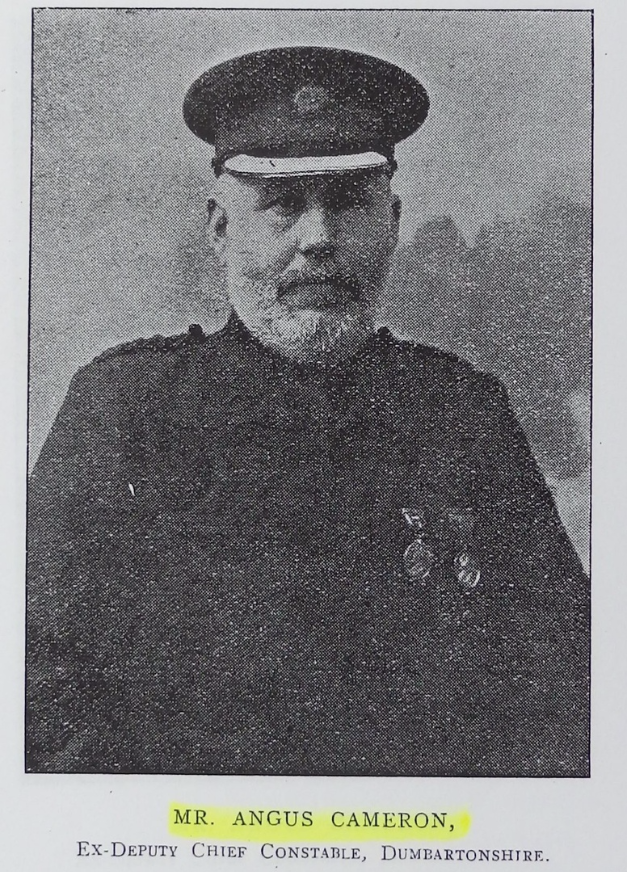 Deputy Chief Constable, Superintendent Angus Cameron Dumbartonshire Constabulary on his retirement in July, 1914. He is wearing the medals shown below.
Deputy Chief Constable, Superintendent Angus Cameron Dumbartonshire Constabulary on his retirement in July, 1914. He is wearing the medals shown below.
King Edward VII Coronation Medal, 1902 issued by Dumbarton County Council to members of Dunbartonshire Constabulary
King George V Coronation (Scottish Police) Medal, 1911
Dunbartonshire Constabulary
Deputy Chief Constable, Superintendent Angus Cameron
Angus Cameron was born in 1854 at Glenturret in the Parish of Kilmonivaig in the County of Inverness. His father was a Shepherd.
He too was a Shepherd and then a Gamekeeper before joining Dunbartonshire Constabulary on 2 June, 1874 at Alexandria.
He subsequently served at Rosneath, Row and Renton before being promoted to Sergeant in 1881 and transferred to Helensburgh whose force had recently amalgamated with the County. He also served as the head of the Eastern Division at Kirkintilloch.
In 1888, he was promoted to Superintendent at Headquarters.
When Chief Constable McHardy died in 1913, Angus Cameron was appointed Acting Chief Constable.
Angus Cameron retired from Dunbartonshire Constabulary in July 1914. The ‘Police Review and Parade Gossip’ of 4 September 1914 states:
“Mr Cameron possesses the Dumbartonshire King Edward Coronation Medal and the King George Medal for long and meritorious service. He retires with the good wishes of all who have worked with him in the Force”.
Angus Cameron had 40 years’ service when he retired.
Note: The Dunbartonshire Constabulary Coronation Medal, 1902 seems to have been issued in silver as well as bronze. Superintendent Cameron's medal is silver while PC Patrick Campbell's is bronze. If you can tell us any more about these medals, please get in touch.
I am grateful to Ian Hall for permission to use the images of the medals and for access to the Police Review and Parade Gossip of 4 September, 1914.
Dunbartonshire Constabulary 1840 - 1975
PC Patrick Campbell
